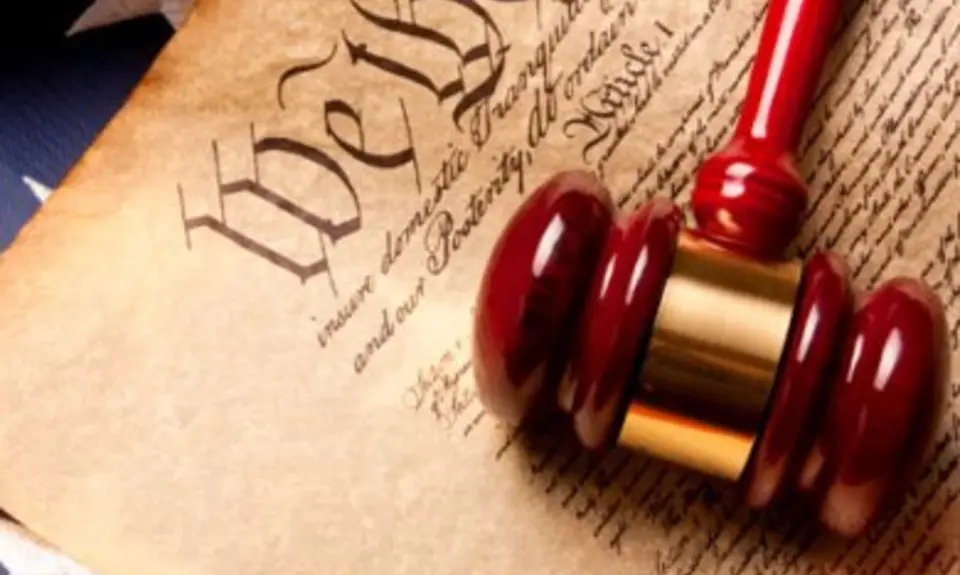As we've noted, 2014 has been a year of striking success for judicial nominations, with the Senate confirming a total of 89 circuit and district judges this year. That's the most judges in a single year since 1994, when the Senate confirmed 99 of President Clinton's circuit and district court judges. And due to Republican obstruction, these were not "easy" votes, even though the vast majority of nominees were approved with little to no opposition. Except for 11 who were confirmed by voice vote in the closing minutes of the 113th Congress, Republicans required a cloture vote for every nominee and a roll-call confirmation vote for all but a few of them, meaning that every confirmation consumed a great deal of floor time. (In contrast, about 40% of George W. Bush's circuit and district court nominees were confirmed by unanimous consent or voice vote.)
This yearlong commitment to judges, especially toward the end when most senators just wanted to go home, greatly served the American people and the judicial system we all rely on to protect our rights and the rule of law. Majority Leader Reid rightly made this a priority.
But a special recognition goes to Patrick Leahy, the outgoing chairman of the Judiciary Committee. He and his staff worked hard to process nominees quickly and efficiently, even while Republicans sought to slow the process down for no reason (e.g., routinely insisting on delaying committee votes without need or explanation). Timely hearings and votes are a critical component of an efficient confirmation process. The 11 consensus nominees approved by voice vote at the very end of the 113th Congress were all approved by the Judiciary Committee during the lame duck, and three of them had their hearings at the beginning of the lame duck. This speaks to the chairman's commitment to filling the vacancies on our nation's courts.
But Leahy's contributions went far beyond the Judiciary Committee hearing room. He has regularly spoken out on the Senate floor on the importance of getting judges confirmed, exposing and condemning needless delaying tactics. He has spoken out in party caucus meetings and in one-on-one conversations with his Democratic colleagues. And he doesn't just speak in generalities: He is specific, always with an array of statistics at his command demonstrating his point.
So much of the work of the Senate goes on off camera, in the interactions among its members. Perhaps no one knows that better than Leahy, who has served in the Senate longer than anyone else there today. Our nation is reaping the benefit of his dedication and his talent, since the Senate has gotten the number of judicial vacancies down to below – well below, in fact – where they were when President Obama took office.
This year's success would not have happened without him.
